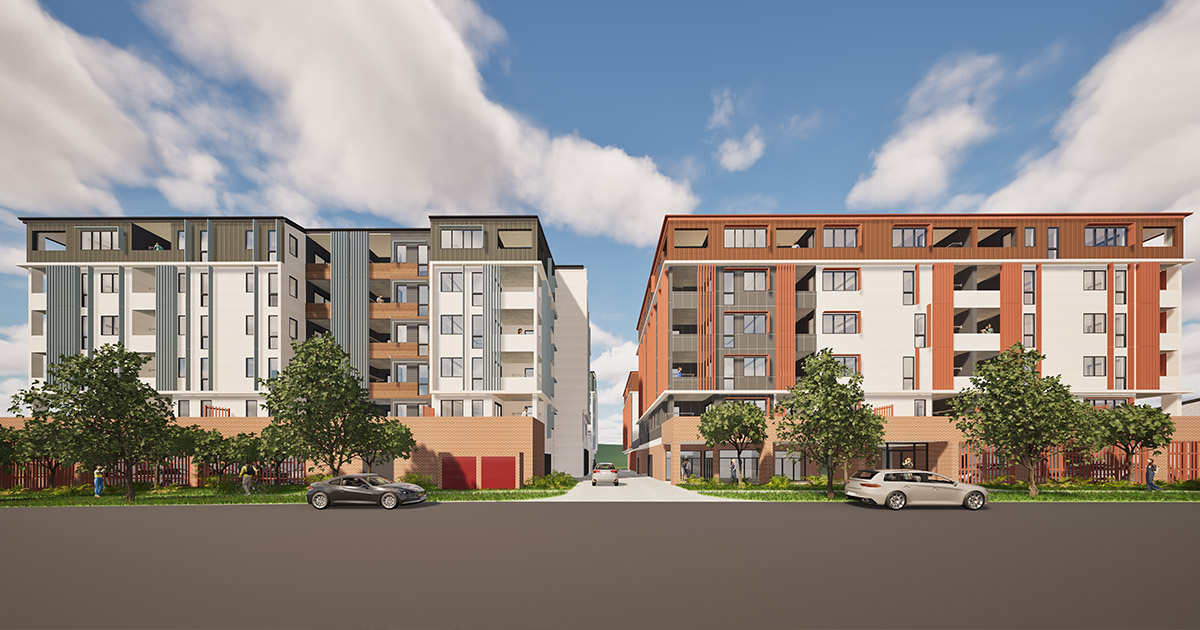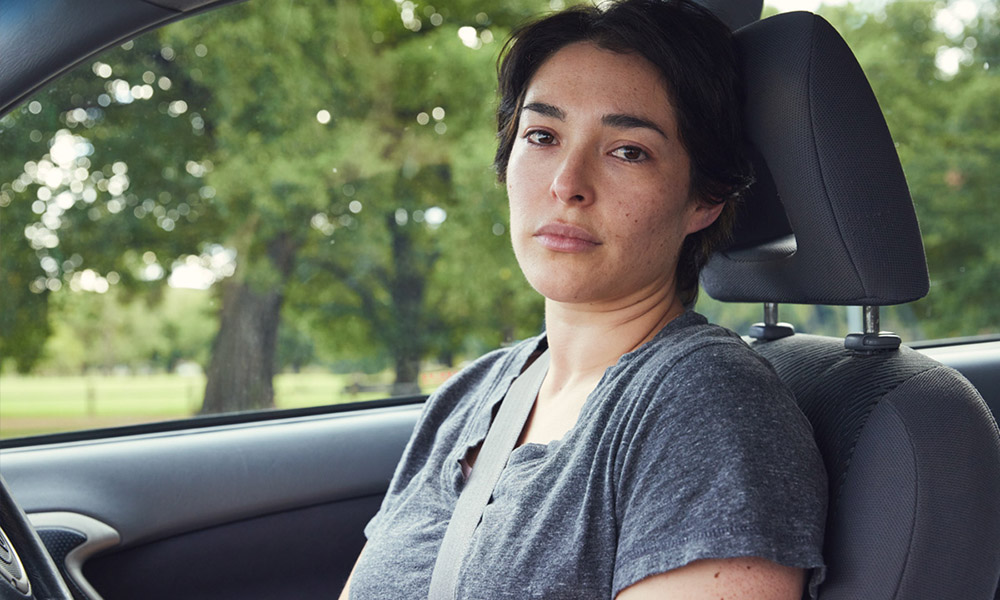Mission Australia warns of worrying surge of older homeless women
- Details
Mission Australia is urging the government to take action to reduce the number of older women becoming homeless.
This International Day of Older Persons on Saturday 1 October, Mission Australia’s CEO Catherine Yeomans warned that without an increase in appropriate affordable housing, the numbers of vulnerable older women without a safe place to live would continue to climb.
Mission Australia CEO, Catherine Yeomans said, “We know from our services and the wider sector that this is a growing problem. With the housing affordability crisis, older women and particularly single older women who are renting are particularly vulnerable to rental stress and at risk of homelessness. Small changes in their financial circumstances can affect their ability to pay rent such as if their landlord puts up the rent, unexpected health costs arise or there is an increase rise in their electricity bill.
“They can be forced to dip into their limited retirement savings, if any, to make ends meet. We know that women tend to have less superannuation than men due to time out of the labour market for caring and lower average earnings. When that dries up, they then fall into unstable, unsuitable accommodation such as refuges, hostels or onto the streets.”
“With our growing housing affordability crisis and with Australia’s ageing population predicted to double from 2010 to 2050, the issue will only continue unless the government takes action.”
Women who become homeless for the first time in later life are likely to have been private renters with a stable housing history. But homelessness may be triggered by a crisis such as widowhood, marital breakdown, a health crisis, financial difficulties after retirement, onset of a mental illness, unaffordable rent, eviction and accessibility problems.
To combat the increasing demand for homes which are accessible for older people, Mission Australia has urged the Commonwealth, State and Territory governments to facilitate funding of at least 200,000 new social homes by 2025 and capital works programs to update existing social infrastructure. The organisation is also calling for a pipeline of new affordable housing facilitated by leveraging private investment.
Ms Yeomans said, “Affordable housing is key to both preventing homelessness and moving people out of homelessness when it occurs. The risk of homelessness for older women can be greatly reduced by adequate provision of housing that is affordable on the aged pension, suitable to their needs and allows them to age in place. That way they can live independently in the community, with support in their homes if needed.”
Addressing retirement income policies is also an important part of the puzzle, with the age pension built on the assumption that people will own their homes at the point of retirement and therefore will need less income to survive. For older women who do not own homes outright, the pension is increasingly inadequate to cover rental or mortgage costs, especially in major cities.
Ms Yeomans also urged older people who are homeless or close to falling into homelessness to reach out for help.
“Older women living precariously or homeless for the first time may not initiate engagement with specialist homelessness services because they don’t see themselves as homeless or are ashamed to reach out. Asking for help when experiencing a housing emergency early can help an older person to stay safely housed and stop them falling into a crisis situation. Then from that secure home base, they can stabilise other areas of their life, gain or maintain social networks and tailor health and other ongoing supports around them,” said Ms Yeomans.
Related media releases
Read about what we’ve been working on, our stance on important social issues and how you make a difference to vulnerable Australians' lives.

Ground-breaking ceremony launches Toowoomba housing project

Every hour, 3,000 Australians ask homelessness services like Mission Australia for help - they need your help

